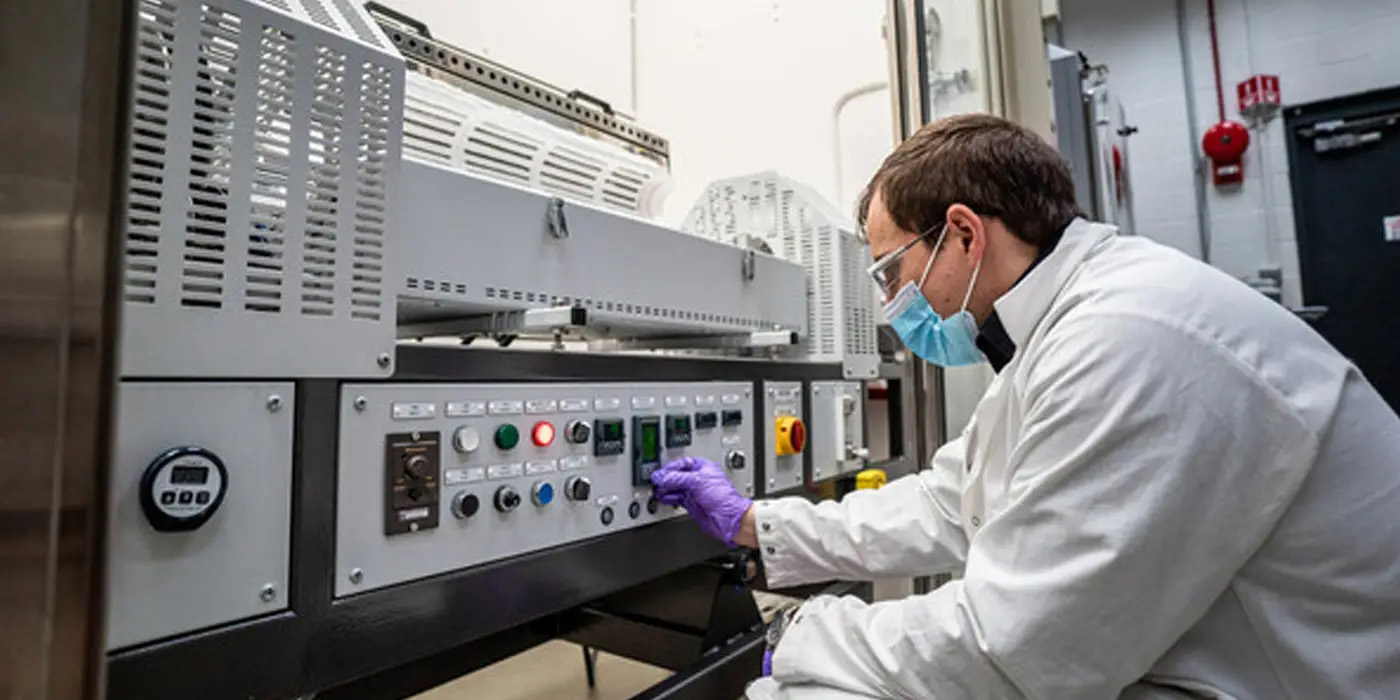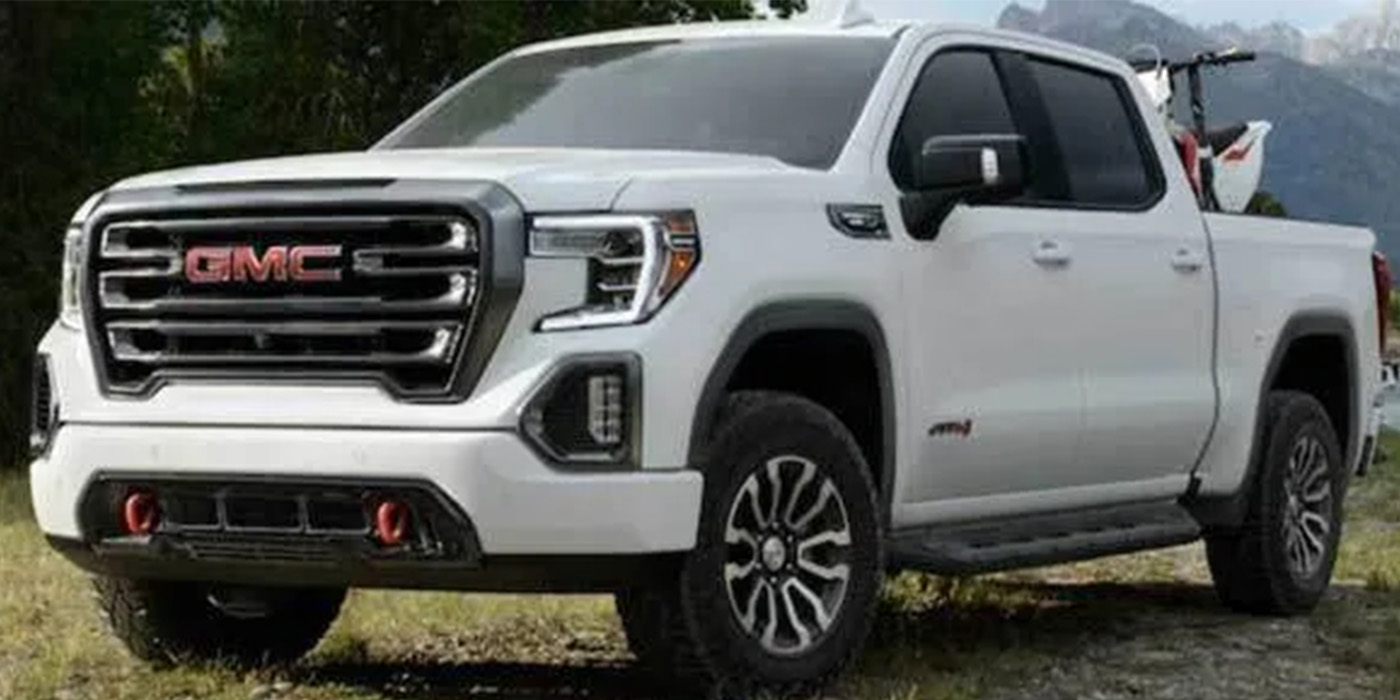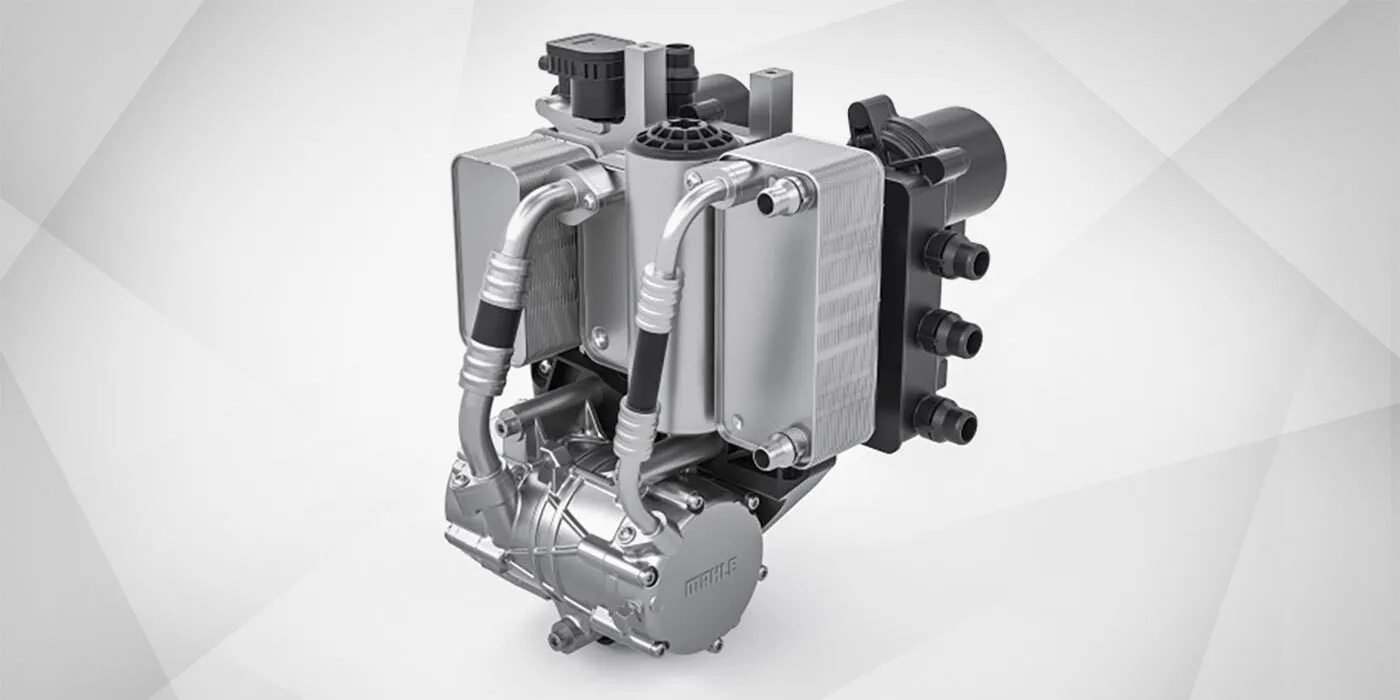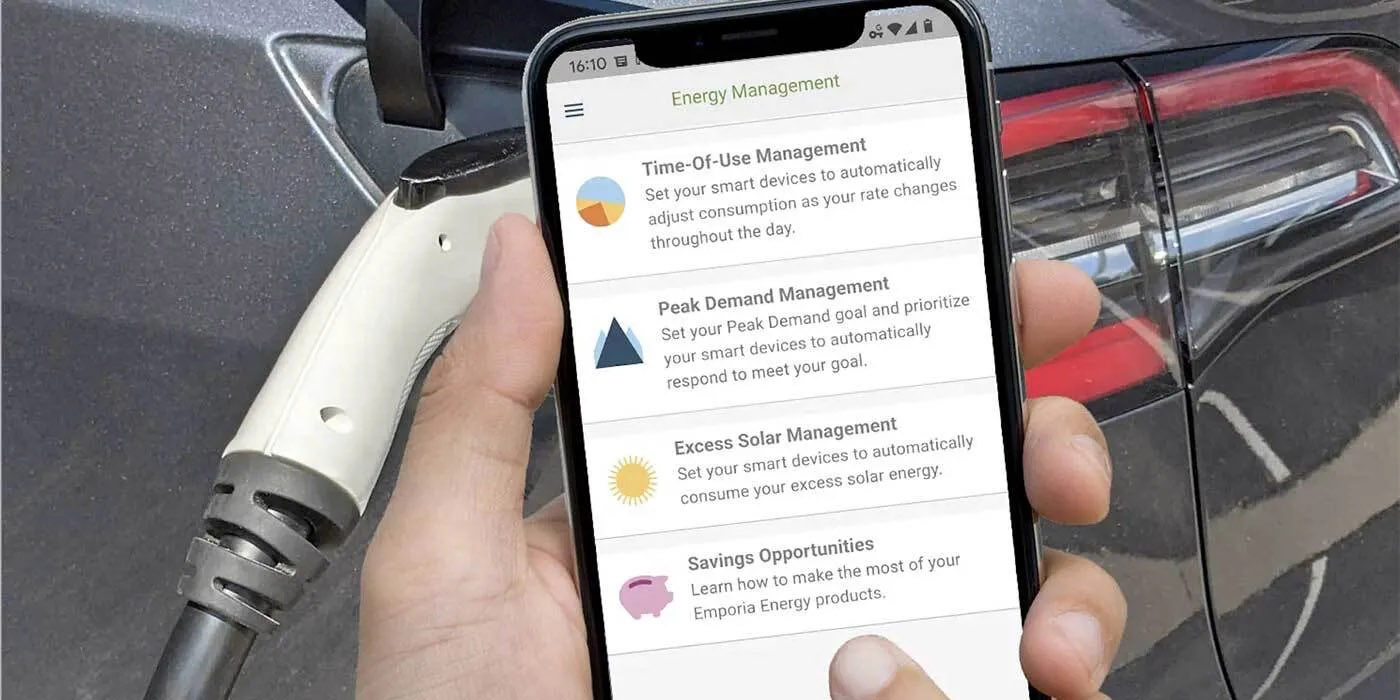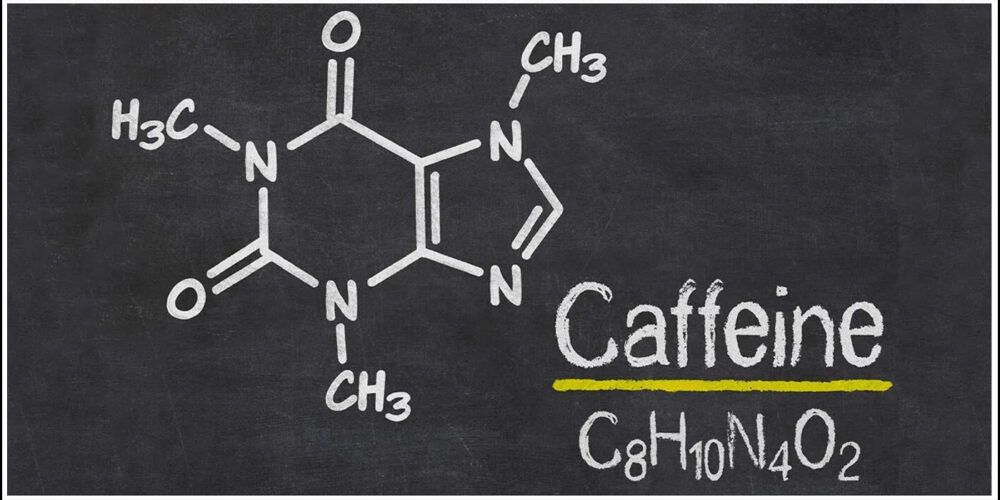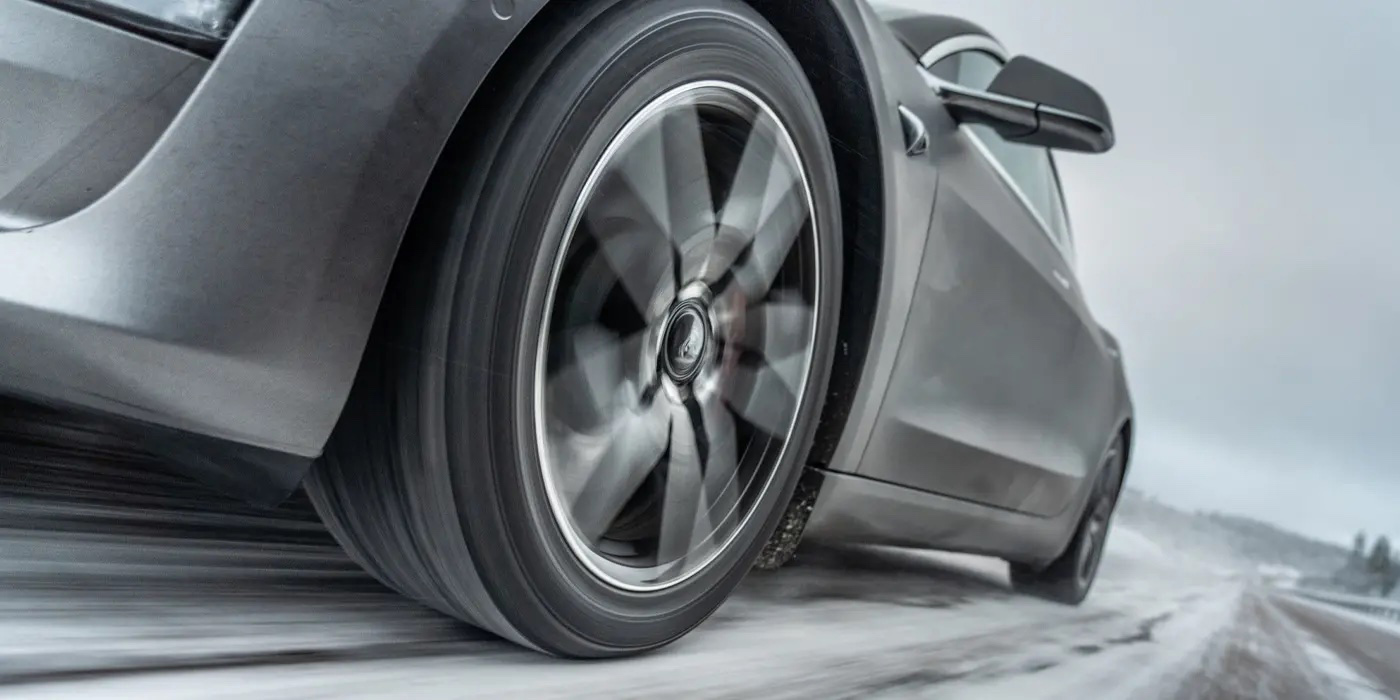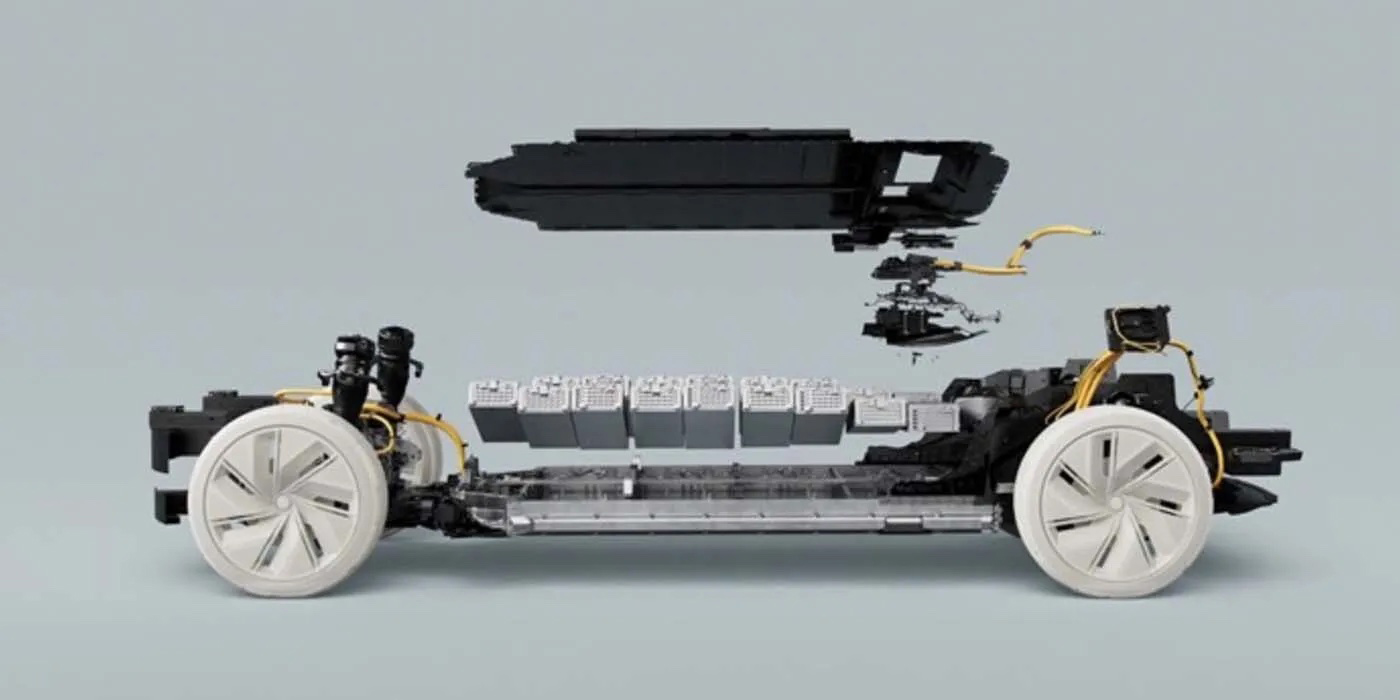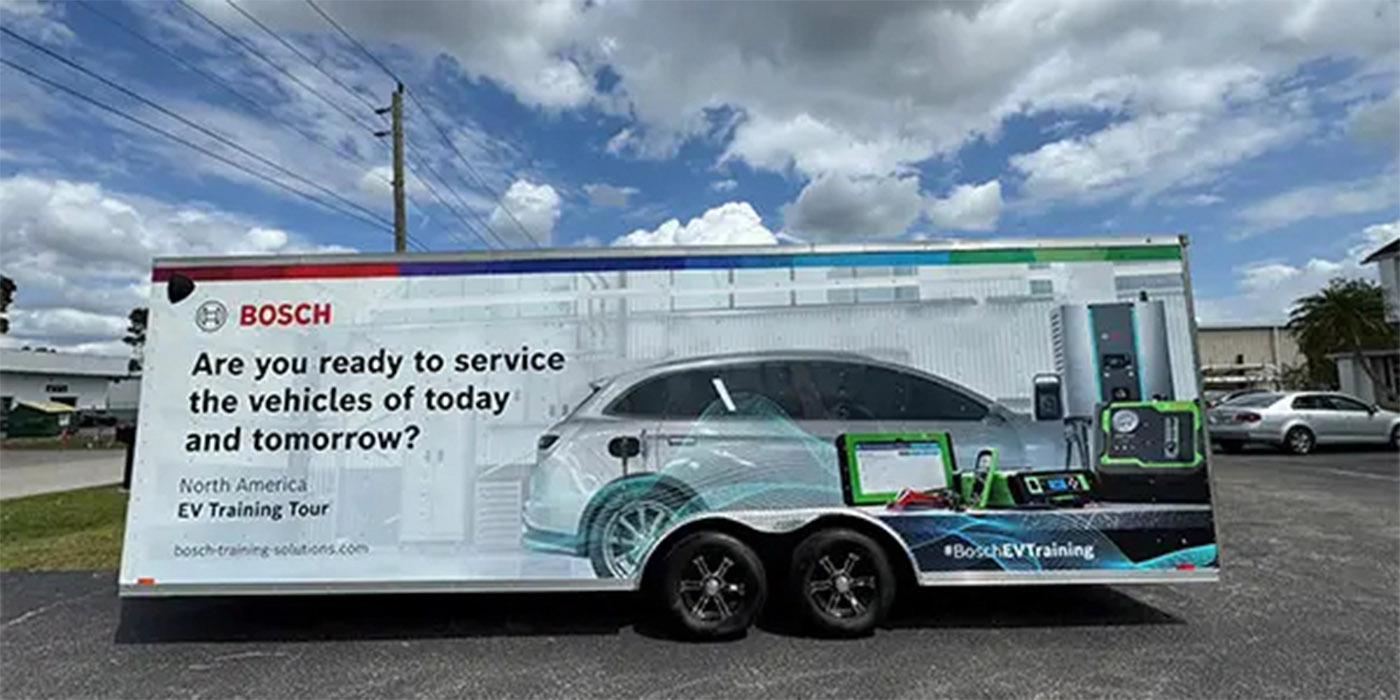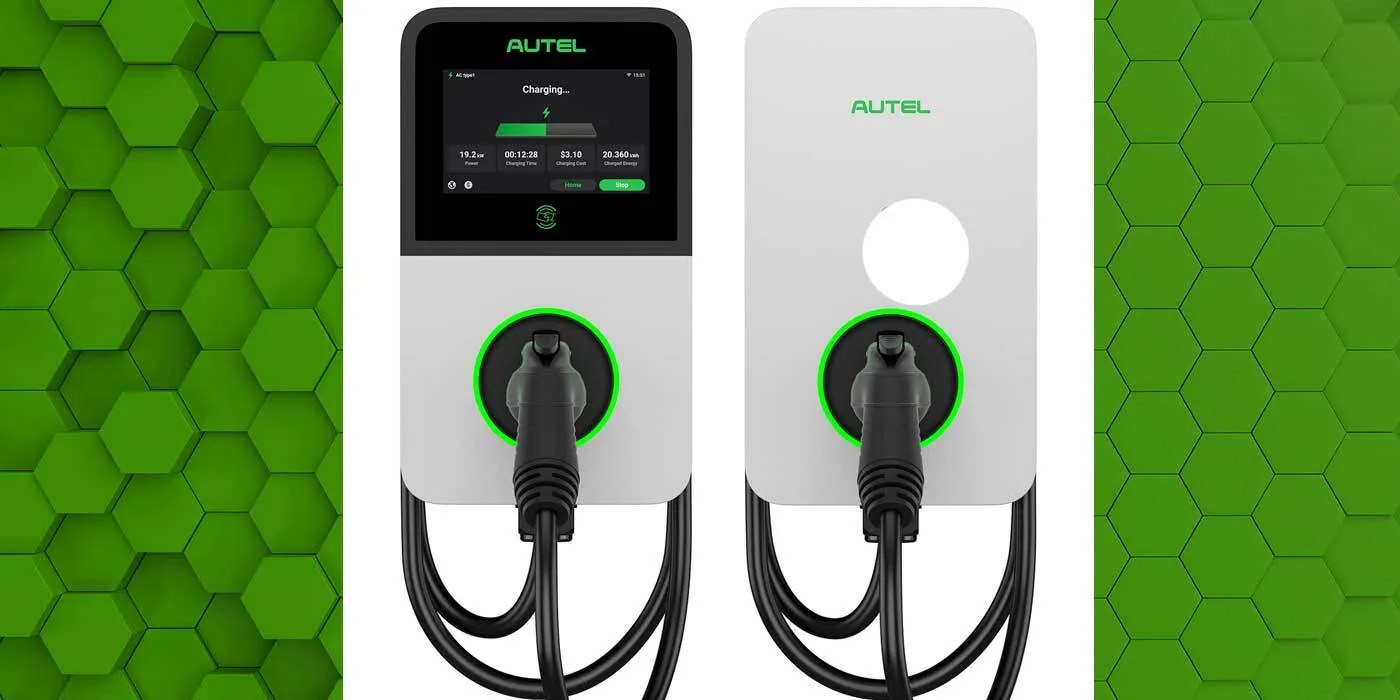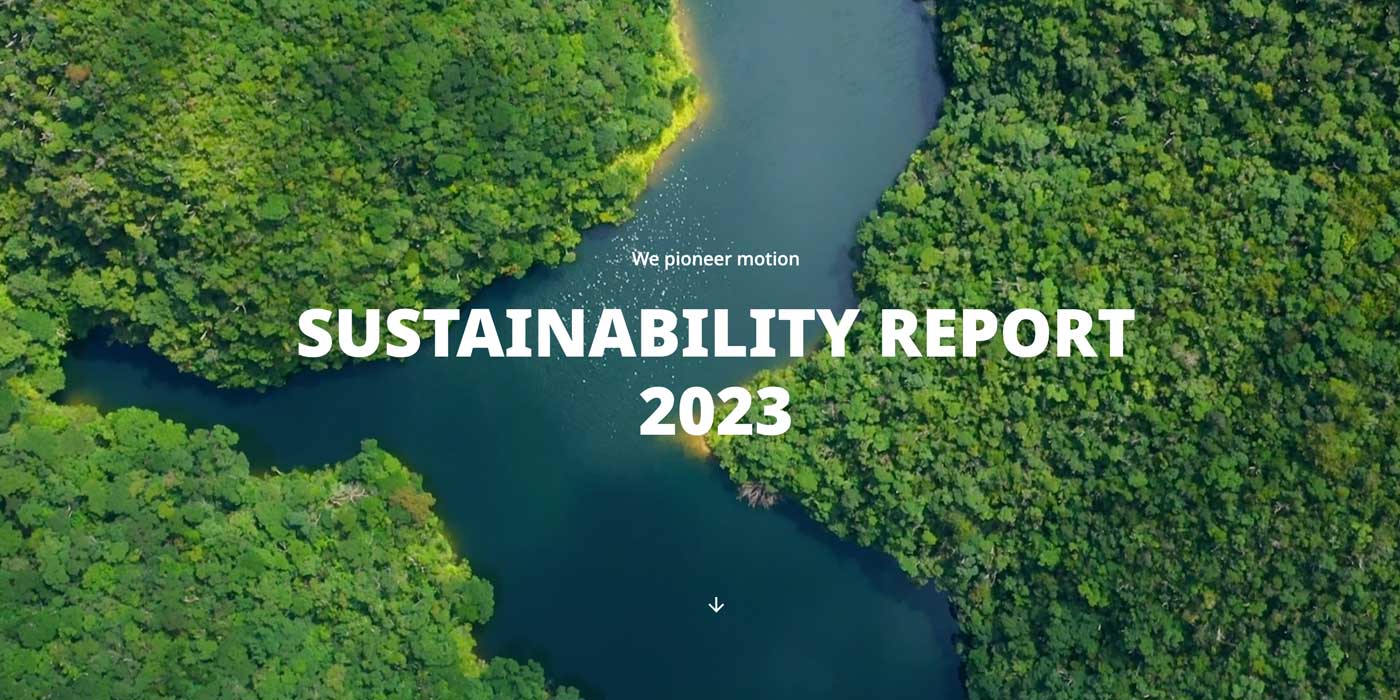The Recycled Rubber Coalition recently released a white paper, titled “An Unexpected Electric Vehicle Environmental Problem With Common Sense Solutions,” which examines how the rapid adoption of EVs will lead to an increase in scrap tires and provides practical solutions for the recycling and reuse of these tires.
“The growing consumer demand for EVs remains one of the most exciting developments in recent years,” said the Recycled Rubber Coalition. “However, we need to address the reality of the increased scrap tires they produce. While excellent recycling options exist, effective government policies supporting the market expansion of recycled rubber are crucial for enhancing and encouraging industry reuse efforts.”
The Coalition estimates that there will be a 12% increase in the number of scrap tires that will be produced annually by 2030, as drivers transition to electric vehicles. EVs are 20% heavier than equivalent gas-powered vehicles and can reach maximum torque almost instantaneously, both of which increase friction and contribute to increased tire wear and waste.
Although current technology allows for the reuse of scrap tires, the production of tires in recent years has surpassed the available markets for recycled rubber. The Coalition highlights the innovative ways scrap tires are being reused, such as in tire-derived aggregate and rubber-modified asphalt, and advocates for state and federal policies that prioritize grants to expand the utilization of recycled rubber.


